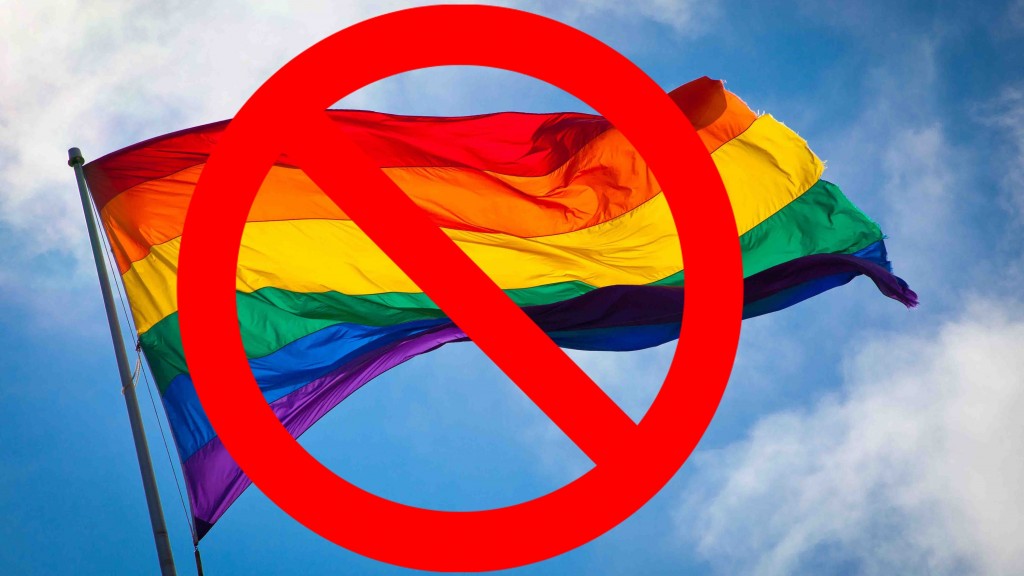There’s no doubt that it can be extremely difficult to be a member of the LGBT community in Indonesia. Beyond the entrenched culture of discrimination, 89.3% of LGBT individuals in Indonesia say they have faced some form of violence and many have considered or resorted to suicide as an escape from the rejection they face from family and society.
The pressing need for LGBT support groups in Indonesia is obvious to many, but Minister of Research Technology and Higher Education M. Nasir said such groups could damage the country’s morality and, as such, they would not be allowed to exist on any of Indonesia’s university campuses.
“Why should they exist on campuses? There are standard values and moral standards that must be maintained. The campus is a moral guardian,” he was quoted as saying on Saturday by Antara.
Nasir’s comments were aimed at the Support Group and Resource Center on Sexuality Studies (SGRC) on the campus of the University of Indonesia, which offers counseling for LGBT individuals.
The existence of SGRC became a topic of debate around the UI campus after pictures from brochures handed out by the group began circulating on social media.
Nasir said he contacted the rector of UI directly about SGRC and was told that UI had not given the group permission to form a support group and that it was not officially affiliated with the university. The university also released a press statement distancing itself from the group.
Minister Nasir made clear that he would not tolerate any groups offering support to the LGBT community on Indonesia’s university campuses, telling Detik today: “LGBT is not in accordance with the values and morals of Indonesia. I forbid them.”
The co- founder of SGRC, Firmansyah, defended his group’s decision to create a support network for the LGBT community in an eloquent essay posted on the group’s website today.
“SGRC UI’s decision to cooperate with Melela.org in creating a LGBT Peer Support Network was not made without careful consideration. We are fully aware of the high risk involved, as evident by the rampant media attention on our organization lately. The reason why we create a LGBT Peer Support Network is due to the fact that LGBT teens in Indonesia are more prone to suicide as a result of rejection and discrimination they received from the society.”
“In several international scientific journals, LGBT teens who received family rejection during the adolescent and development periods are 8.4 times more likely to commit suicide, 5.9 times more likely to suffer from depression, and 3.4 times more likely to use drugs than those who aren’t (Ryan, C. et al: 2009). To avoid the risk of suicide, depression, and drug use, LGBT teens need the support of many different parties. Teens who received information about their sexuality, whether from magazines, books, or counseling have much more higher confidence than their peers who don’t (Snapp, Shannon D. et. al: 2015).”
Unlike the minister’s assertions that LGBT support groups could somehow damage Indonesia’s morality, the arguments in Firmansyah’s post are backed up by scientific research. LGBT support groups are not just about providing a safe space for a community that faces tremendous discrimination from society; they are also needed to save lives.
But our minister of research technology and higher education – who should be a champion of learning, enlightenment and new ideas – would no doubt disregard such scientific evidence in favor of his own moral assertions which based on nothing but Indonesian society’s ignorant and increasingly backwards views towards LGBT individuals.





Reader Interactions